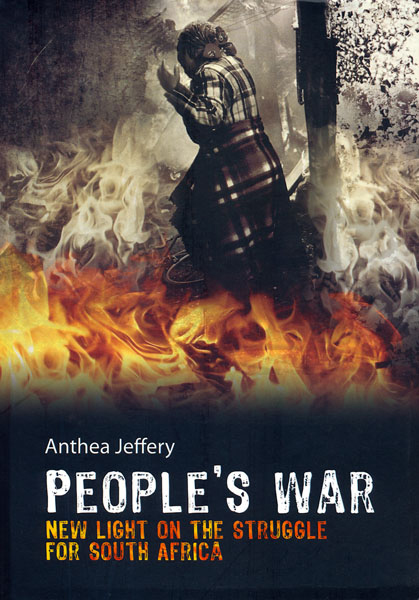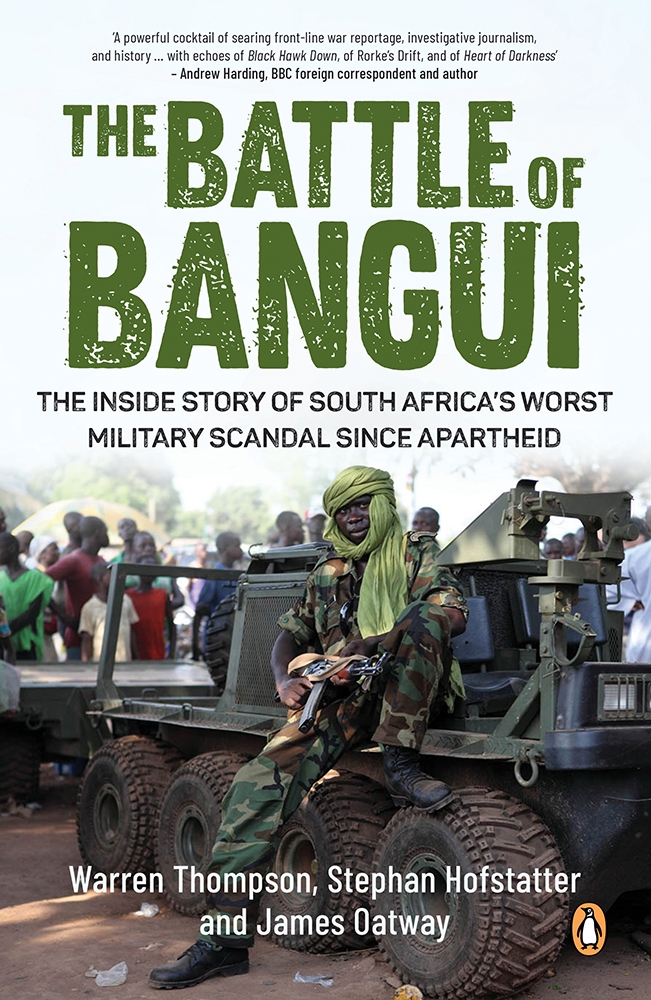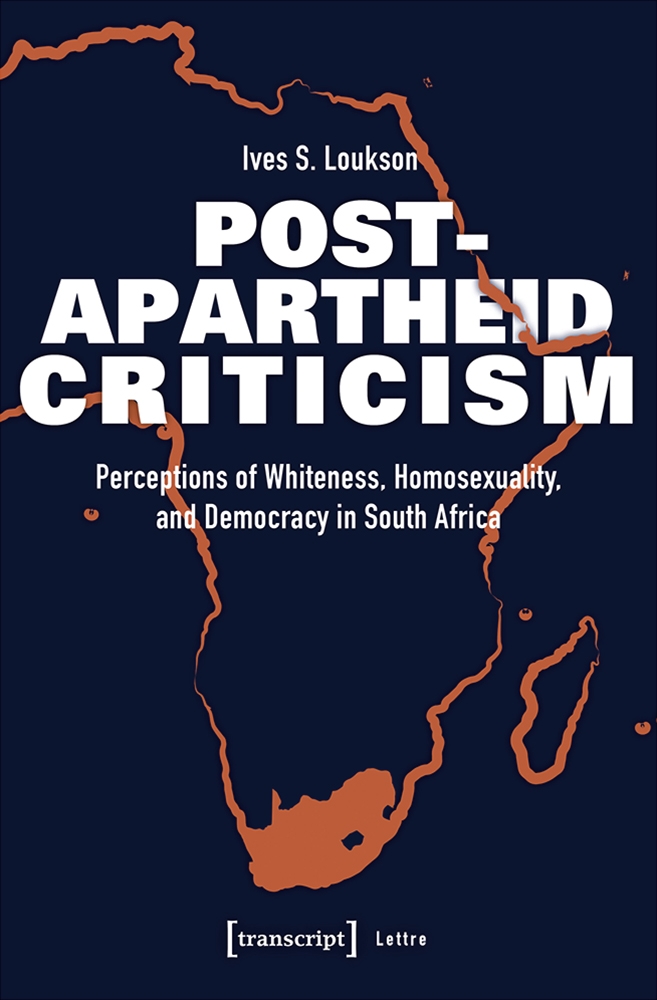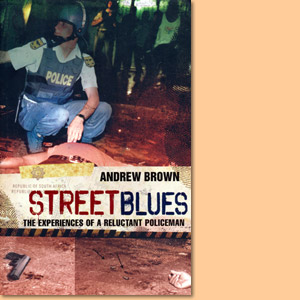People's war: New light on the struggle for South Africa, by Anthea Jeffery
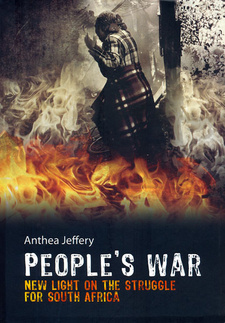
People's war: New light on the struggle for South Africa, by Anthea Jeffery. Publisher: Jonathan Ball. Cape Town, South Africa 2009. ISBN 9781868423576 / ISBN 978-1-86842-357-6
Anthea Jeffery's previous books include The Natal Story: Sixteen years of conflict and The Truth about the Truth Commission. Both, books have been acclaimed for their meticulous and objective approach, and for breaking new ground on important and contentious issues. This is No 3: People's war. New light on the struggle for South Africa.
In 1961, when the African National Congress (ANC) embarked on armed struggle, racial discrimination permeated every nook and cranny of life within South Africa, stunting the lives and betraying the hopes of millions of black people. After some 15 years of National Party (NP) rule, discrimination lay 'at the very heart' of South African society, as John Kane-Berman (then a journalist on the Financial Mail and since 1983 the chief executive of the South African Institute of Race Relations) was later to write: 'Discrimination... governs every facet of our lives from the cradle to the grave - and even beyond, since even our cemeteries are racially segregated. It is enforced where we live, where we work, where we play, where we learn, where we go when sick, and on the transport we use. Not only does the government condone it; it systematically pursues it, preaches it, practises it, and enforces it. It is enshrined in our Constitution, written into our laws, and enforced by the courts.' There was little realistic prospect that the NP government under prime minister Dr Hendrik Verwoerd would abandon the apartheid system of its own volition, for Verwoerd resisted pressures for change and saw himself as 'the man of granite' who would hold the race-based edifice together. The Sharpeville shootings in March 1960 had also narrowed the space for peaceful protest, as had the banning the following month of both the ANC and the Pan-Africanist Congress (PAC), the organisation responsible for organising the Sharpeville demonstration against the notorious pass laws. In 1961 the government again rejected pleas by black South Africans for a national convention, underlining the futility of patient appeals for a shift in policy. In response, various political organisations began turning to violence to reinforce their demands for change. The PAC established an armed wing, Poqo, which sought to spark a general insurrection. A group of white liberals, the African Resistance Movement (ARM), embarked on a series of bomb blasts. Against this background, the ANC may have felt that it had little choice but to follow suit. Umkhonto we Sizwe, the Spear of the Nation, was formed in November 1961 and began attacks soon afterwards under a manifesto stating: 'The time comes in the life of any nation where there remain only two choices: submit or fight. That time has come now to South Africa. We shall not submit and we have no choice but to hit back by all means within our power in defence of our people, our future, and our freedom.' Though apartheid injustices fostered polarisation and invited insurrection,3 the ANC's decision to adopt armed struggle was nevertheless deeply controversial. Most Africans were devout Christians who opposed the use of violence on principle. It was also far from clear that non-violent strategies had in fact been exhausted, as the ANC asserted. According to Professor Tom Lodge of the University of the Witwatersrand, stayaways and other demonstrations had been poorly organised in the past, while protest had been used mainly to 'underscore moral assertions' rather than make strategic gains. In Lodge's view, the ANC had also paid little attention to the focused and incremental advances that might still be attained via strikes, civil disobedience, and boycotts. [...]
This is an extract from the book: People's war: New light on the struggle for South Africa, by Anthea Jeffery.
Title: People's war
Subtitle: New light on the struggle for South Africa
Author: Anthea Jeffery
Publisher: Jonathan Ball
Cape Town, South Africa 2009
ISBN 9781868423576 / ISBN 978-1-86842-357-6
Softcover, 17 x 24 cm, 676 pages
Jeffery, Anthea im Namibiana-Buchangebot
People's war: New light on the struggle for South Africa
People's war: New light on the struggle for South Africa reports on some 20500 killings as a result of the people’s war the ANC unleashed between 1984 and 1994.
Weitere Buchempfehlungen
The Battle of Bangui
The Battle of Bangui: The inside story of South Africa's worst military scandal since Apartheid.
Post-Apartheid Criticism. Perceptions of Whiteness, Homosexuality, and Democracy in South Africa
Post-Apartheid Criticism. Perceptions of Whiteness, Homosexuality, and Democracy in South Africa seeks to examine the contribution of post-apartheid narrative.
Street Blues. The Experiences of a Reluctant Policeman
Written from direct experience, 'Street Blues: The Experiences of a Reluctant Policeman' is a must-read for anyone concerned with crime and policing in South Africa.

